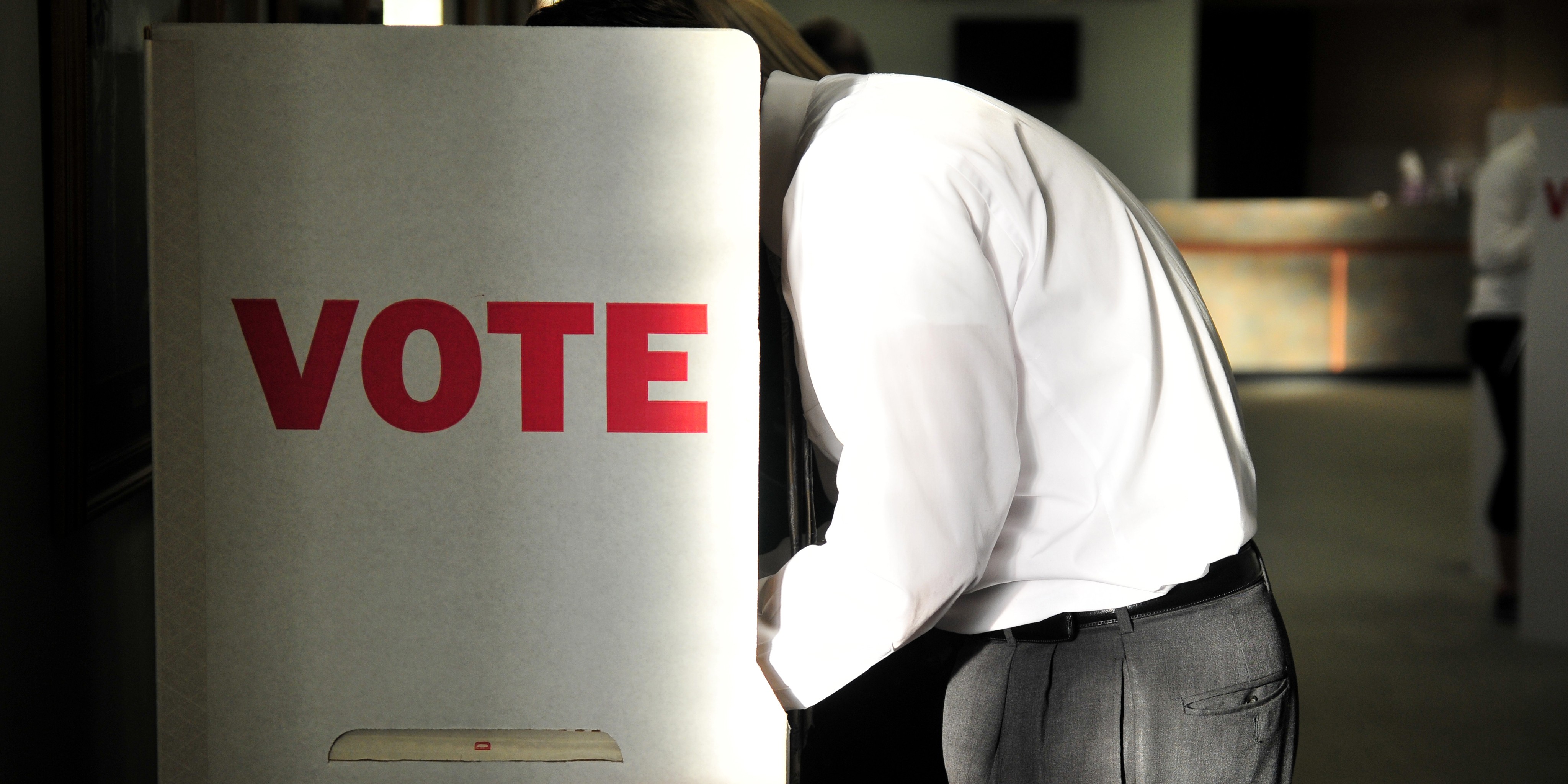In San Diego, a battle for control of the Service Employees International Union’s Local 221 has become mired in allegations of electioneering.
Videos by Rare
Last February, Reform 221, a group of dissident rank-and-file workers who ran a slate against the union successfully overturned the results of an earlier election after complaining to the national union that the union’s president, David Garcias, engaged in vote suppression.
Instead of placing polling booths at some of the 200 offices where Local 221 members work, the union set up polls at three Starbucks Coffee shops, as well as a county office. This resulted in just 41 of the Local’s 5,000 members casting ballots.
Last month, after Local 221 held its do-over election, the dissidents lodged another protest against the vote. This time, Garcias and his allies allegedly censored the statements of rival candidates published on the union’s website. Reform 221 dissidents also accused the SEIU unit of failing to set up polling stations at several sites, including its own union hall, where rank-and-file members would be likely to cast ballots.
Conrad Villanueva and Monty Kroopkin, who ran on the dissident slate, complained in a letter posted on Reform 221’s website: “[The election is] proof of SEIU officials’ unwillingness to take seriously even the most minimal safeguards of fair elections.”
This isn’t the first time that leadership of an SEIU affiliate has been caught tipping a vote. Over the past two years, the union’s United Healthcare Workers affiliate was found guilty of engaging in vote-rigging by the National Labor Relations Board.
The charges included collusion in 2012 between the union and Chapman Medical Center, an Orange, Calif., hospital, to force 200 workers to vote on joining the unit instead of affiliating with the National Union of Healthcare Workers, SEIU’s chief rival for unionizing hospital employees.
The America Federation of Teachers’ New York City affiliate has also become notorious for its own acts of vote-rigging. For years, the local’s Unity coalition, which controls the union, has been criticized for allowing retired teachers loyal to the faction to vote in elections even though they are no longer working in classrooms, and suppressing the votes of more-fickle younger teachers and Baby Boomers still on the job.
Last year, just before it held its election, the union’s president, Michael Mulgrew, successfully increased the number of retiree votes that could be counted in elections from 18,000 to 25,000. As a result, retired voters accounted for 52 percent of all ballots returned during this year’s election.
AFT vote shenanigans aren’t limited to its Big Apple local, of course. Four years ago, the national union ordered its D.C. local, the Washington Teachers Union, to hold an election after the leadership at the time refused to do so. The local tried to delay the election after it bungled the selection of the committee charged with overseeing it. The WTU’s then-president, George Parker, was also forced to re-hire his opponent Nathan Saunders as a union vice president after sacking him from the job.
Lest people think I am picking on teachers unions, the International Brotherhood of Teamsters has long been notorious for scandalous vote-rigging and other shenanigans. In 2011, an election held by the Teamsters’ Local 743, which represents hospital workers in Chicago, was plagued by allegations that then-local President Donnie Von Moore failed to mail ballots to its 10,020 rank-and-file members. Oops!
Two years earlier, another Local 743 President, Richard Lopez, and two of his allies were caught diverting hundreds of election ballots to friends and relatives in order to keep the union under their control. Lopez was later convicted of mail fraud and theft of union property.
None of this vote-rigging should be shocking. The history of American labor unions is replete with examples of union leaders working zealously to keep rank-and-file members under their thumb. During the 1940s, legendary Teamsters President Daniel J. Tobin seized control of several locals in order to stem dissent over the union’s refusal to authorize work stoppages.
Even today, union leaders find democracy to be utterly incompatible with their goals of maintaining their declining influence and use every tool available to keep control. The Unity Caucus, for example, has long made rank-and-file members take a loyalty oath as a condition of gaining plum part-time union gigs that can pay into the high five figures.
Because Unity is the leading caucus in the coalition that controls AFT, opposing Unity can mean the end of any aspirations to lead the nation’s second-largest teachers’ union. In fact, union leaders count on apathy among workers – and the low voter turnouts that result from it – to keep power.
But vote-suppression scandals such as that involving SEIU’s Local 221 are happening just as unions are trying to recast themselves as bastions of empowerment for American workers.
Over the past five years, unions have devoted more time to organizing and to counteract decades of membership declines. The AFT spent $2.4 million in 2012-2013 on union organizing projects in cities such as Houston and Dallas, as well as in Midwestern states. SEIU has also cast its efforts under the guise of giving workers voice in shaping working conditions on the job.
Yet rank-and-file members within these unions have long ago recognized that their leaders are none too interested in giving workers a real voice. The general disdain for union leadership practices helps explain why both private and public-sector unions are losing members.
Even SEIU, which has been the most-successful in organizing members in the last decade, has had just a three percent increase in rank-and-file members between 2008 and 2013, according to its filings with the U.S. Department of Labor.
Local 221, in particular, has struggled in its organizing efforts as government workers flock to smaller unions such as the San Bernardino Public Employees Association, which offer employees a greater say and lower union dues to boot.
Voter fraud and squelching of dissent may help the bosses hold onto power, but these transgressions also add to American unionism’s long-term decline.



